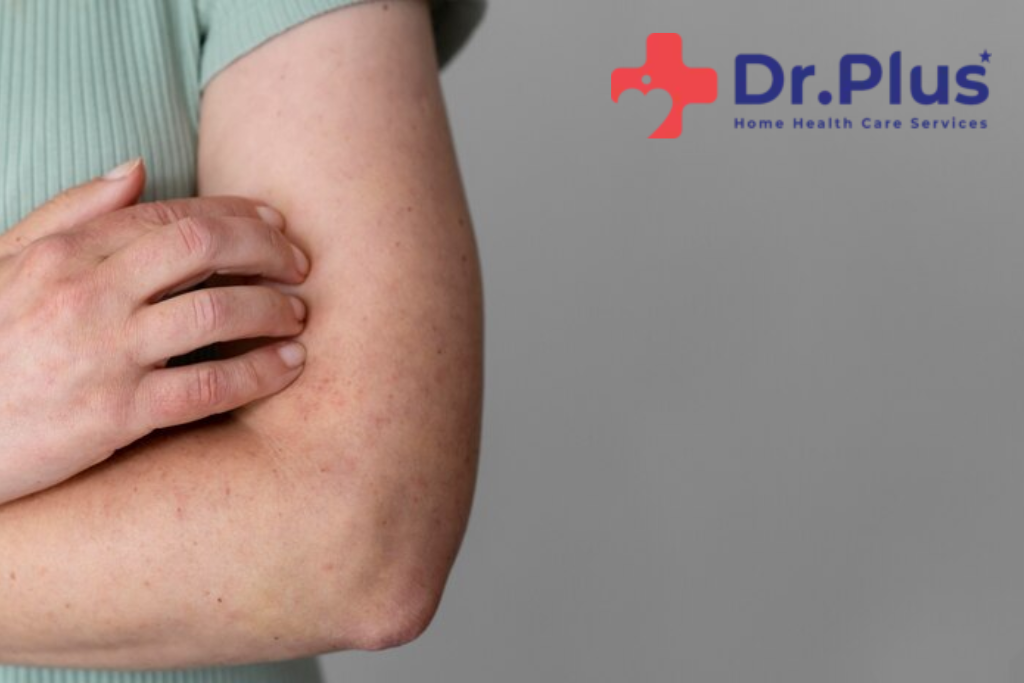
Introduction
Dengue fever, caused by the dengue virus, is transmitted by Aedes mosquitoes. Its incidence has grown dramatically worldwide, and understanding its symptoms, especially in children, and knowing the appropriate steps to take is crucial for effective management and recovery.
7 Warning Signs of Dengue Fever

-
High Fever (40°C/104°F): A sudden, high fever is often the first symptom of dengue.
-
Severe Headache: Intense headaches are common.
-
Pain Behind the Eyes: Retro-orbital pain is a distinctive symptom of dengue.
-
Muscle and Joint Pains: Often referred to as “breakbone fever,” the pain can be severe.
-
Nausea and Vomiting: These gastrointestinal symptoms frequently accompany dengue.
-
Swollen Glands: Lymph nodes may become swollen and tender.
-
Rash: A skin rash can appear 2–5 days after the fever starts.
Symptoms of Dengue in Kids
Dengue symptoms in kids can sometimes be less specific but include high fever, severe headaches, pain behind the eyes, muscle and joint pains, nausea, vomiting, swollen glands, and rash. Children might also display irritability and drowsiness. It is essential to monitor these symptoms closely and seek medical attention promptly if they appear.
Dengue Tests and Diagnosis
When dengue fever is suspected, several diagnostic tests can confirm the infection:
Dengue NS1 Antigen Test: This test detects the presence of the dengue virus’s non-structural protein 1 (NS1) in the blood. A positive result (dengue NS1 positive means) indicates an active dengue infection.
Dengue Antibody Tests (IgM and IgG):These tests measure the body’s immune response to the virus.
Complete Blood Count (CBC):This test is crucial for monitoring the platelet count in dengue patients.
Dengue Fever Platelet Count
A critical aspect of managing dengue fever is monitoring the platelet count. Dengue fever can lead to a significant drop in platelets, which are crucial for blood clotting. A low platelet count in dengue increases the risk of bleeding complications. Regular monitoring through blood test is necessary to ensure that platelet levels do not reach dangerously low levels.
Natural Remedies: Tawa Tawa for Dengue
Tawa Tawa (Euphorbia hirta) is a traditional herb believed by some to help increase platelet count and aid in dengue recovery. While there is anecdotal evidence supporting its use, it’s important to consult with a healthcare provider before relying on herbal remedies. Medical treatment should always be the priority in managing dengue fever

Conlusion
Dengue fever is a serious mosquito-borne illness with potentially severe symptoms and complications. Early recognition of symptoms such as high fever, severe headache, pain behind the eyes, and a sudden drop in platelet count is crucial for prompt medical intervention. Ensuring timely medical attention and monitoring can help manage symptoms effectively and reduce the risk of complications associated with dengue.
